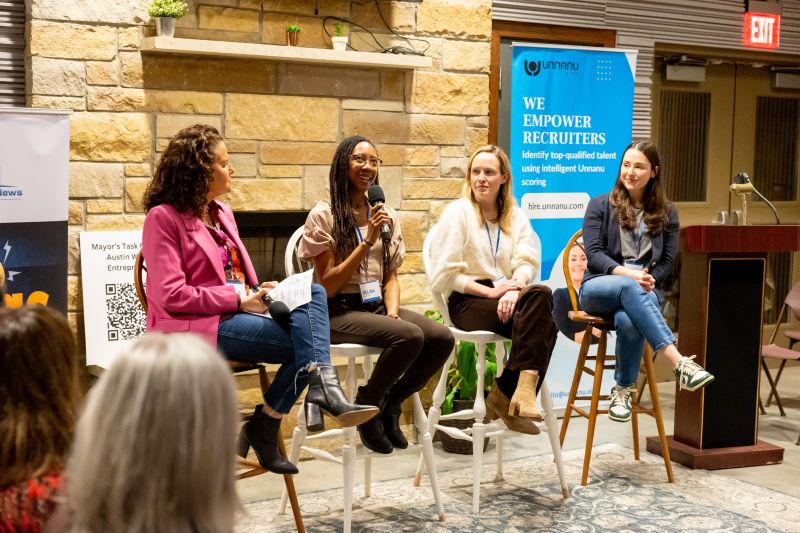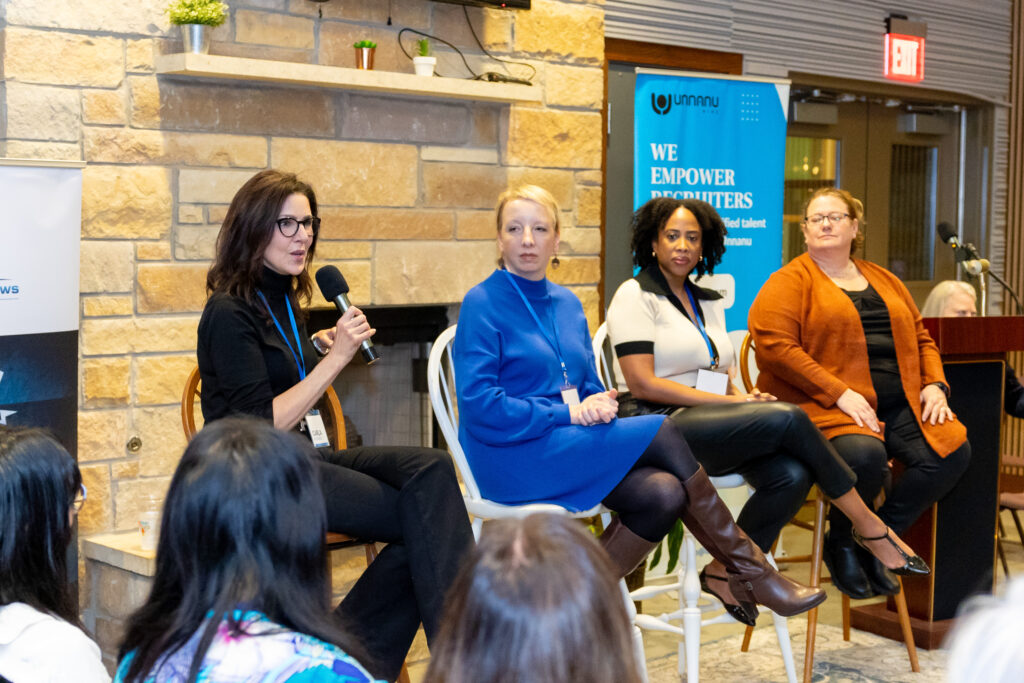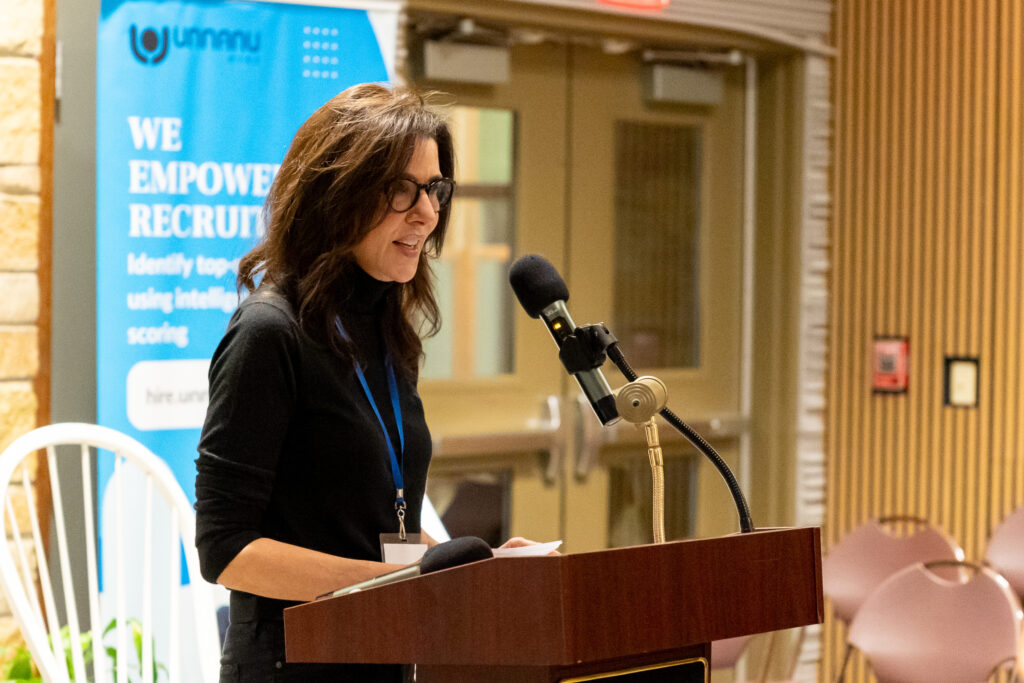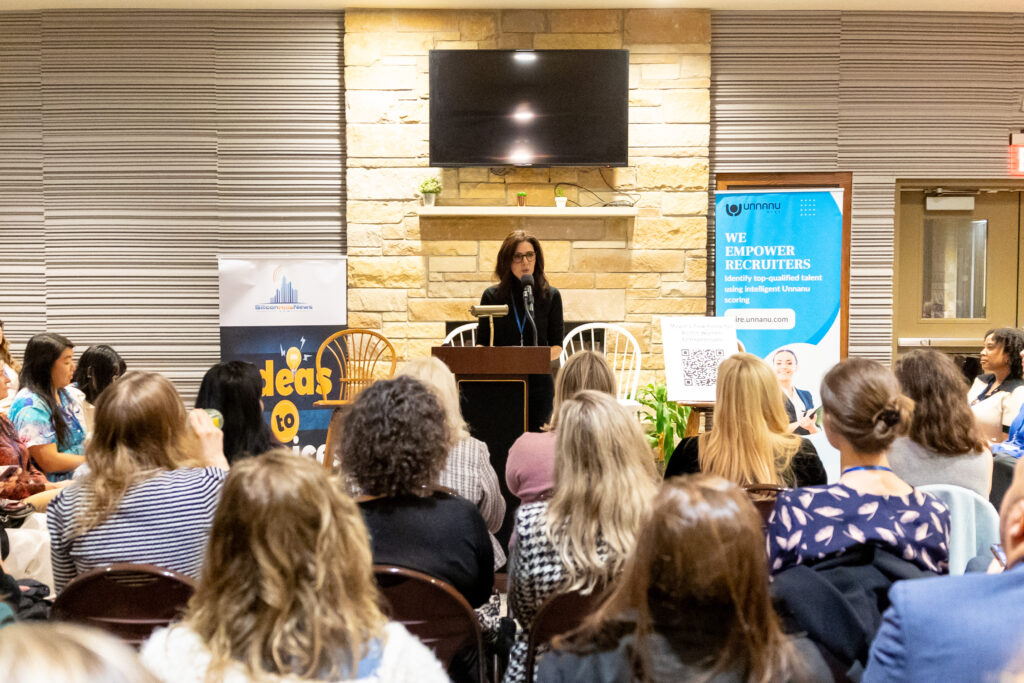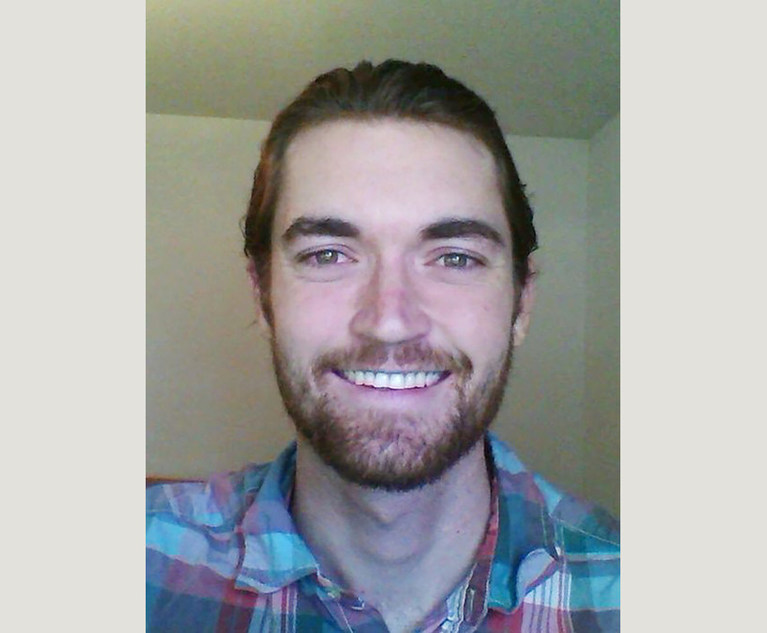
Colossal Biosciences, a Dallas-based de-extinction company, has reached a $10.2 billion valuation, marking its status as Texas’s first “decacorn” startup. The company, co-founded by serial entrepreneur Ben Lamm and synthetic biology pioneer George Church, is working to bring extinct species back to life while developing technologies for conservation and human health.
On the Ideas to Invoices podcast, Lamm revealed that Colossal has already spun out two successful businesses, with a third announcement expected in late 2025 or early 2026. The company focuses on three flagship species: the woolly mammoth, Tasmanian tiger, and dodo.
The mammoth project, currently in its editing phase, has achieved approximately 25 gene edits in Asian elephant cell lines. Lamm says they remain on track for a late 2028 release date, though he suggests another species might be revived before then.
Colossal has marked several scientific milestones, including generating a 99.9% complete ancient genome for the Tasmanian tiger and successfully making 300 stacked edits in a single cell line. The company is also developing artificial womb technology, which could revolutionize both de-extinction and conservation efforts by eliminating the need for surrogate mothers.
“We’re not just bringing these species back exactly as they were,” Lamm explained. “We’re engineering improvements.” One example is their work to make mammoths resistant to EHP, a disease that currently kills 20% of baby elephants annually.
The company employs a three-dimensional model for species selection, weighing ecological impact, indigenous peoples’ perspectives, and conservation benefits. They actively collaborate with local communities, conservation groups, and government agencies.
Colossal is also advocating for the establishment of global “bio vaults” to preserve animal genetic diversity, similar to existing seed vaults for plants. The company has raised an additional $50 million for their foundation to support conservation technologies.
Beyond wildlife conservation, their research could have significant implications for human health, particularly in treating genetic diseases requiring multiple gene edits. Their advances in multiplex editing—the ability to edit multiple parts of the genome simultaneously—could revolutionize genetic medicine.
Unlike Lamm’s previous ventures, which were built for acquisition, he describes Colossal as a long-term, 25-plus year mission. The company maintains extensive partnerships with indigenous groups, conservationists, universities, and government agencies.
The revived species will be released in their natural habitats, with the mammoth targeted for the northernmost states of the United States and eventually Canada. Lamm emphasizes that the reintroduction process will be carefully managed, with extensive human oversight and intervention.
For more information about Colossal’s Tasmanian tiger project and their collaborative approach, visit colossal.com/tasmania.
The Ideas to Invoices podcast is listed below. Or you can download on Apple, Spotify, Amazon or whereever you get your podcasts.
